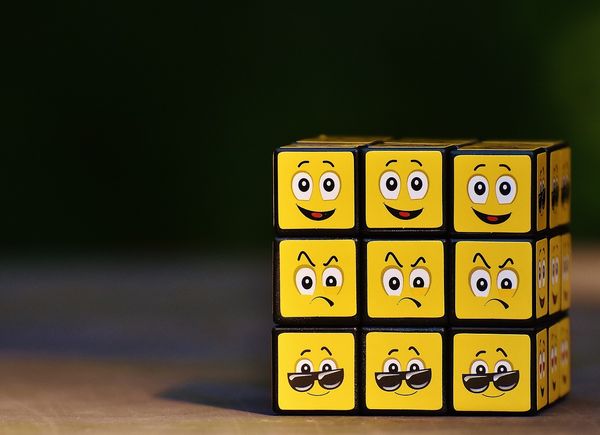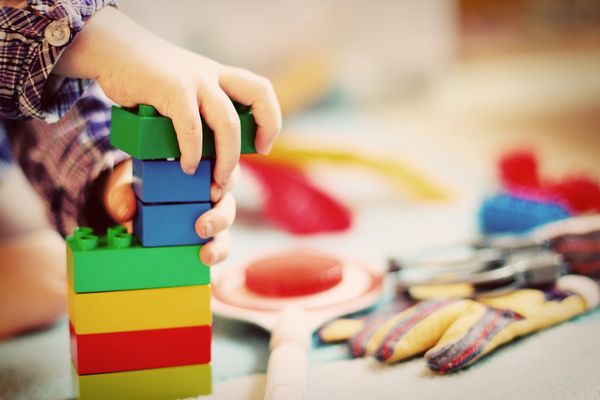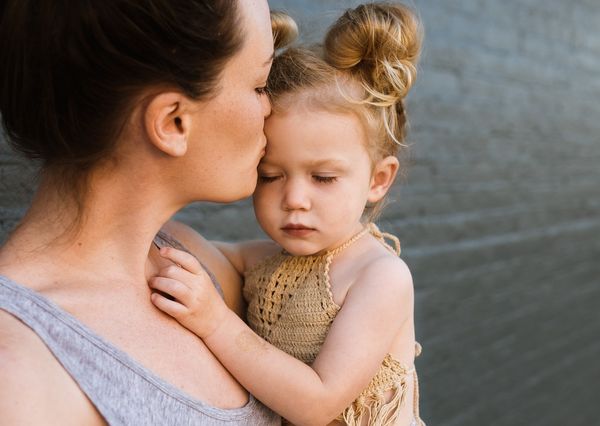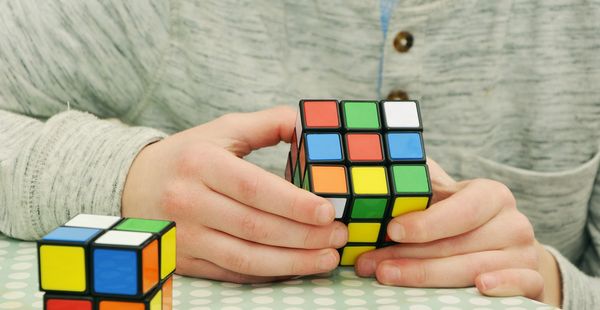The Truth About Punishments and Rewards
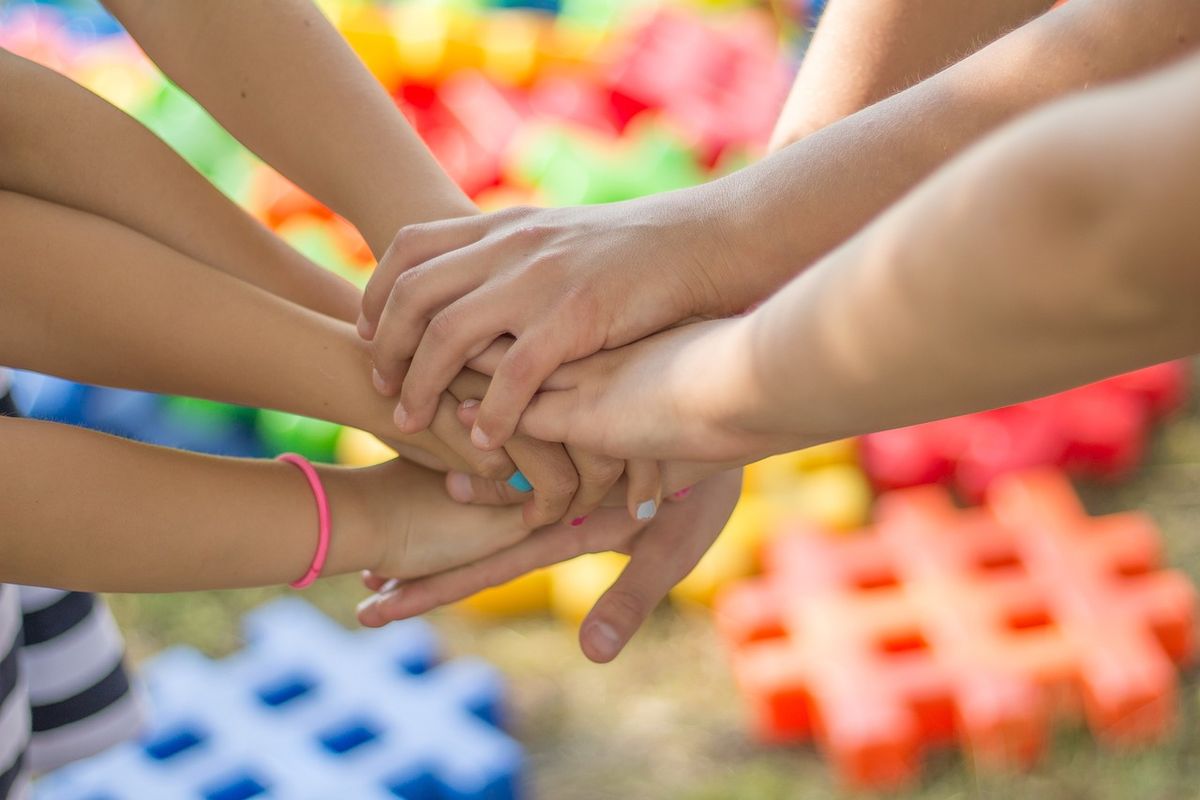
Do you often find yourself saying, "Don't throw your food!" or "Stop it now!" to your child, but to no avail? If the answer is yes, then you're not alone. Many parents grapple with the effectiveness of punishments in child-rearing. This article will delve into why punishments don't always work and how understanding the Attachment theory can help.
The Emotional Rollercoaster
When emotions are high, our logical brain (the neocortex) tends to take a backseat, and our emotional brain (the limbic system) takes over. This is true for both adults and children.
Think about a day when you're juggling multiple tasks – cooking, cleaning, and playing with your child. Then, just when you're hoping for a break, you find out your partner is going to be late. Your frustration may peak, and you might end up doing something out of character, like throwing a spoon into the sink.
Now, imagine someone telling you at that moment to calm down. Does it help? Probably not. This is because your emotional brain is in control, not your logical brain. The same goes for children. When they're emotionally charged, reasoning with them may not work.
The Prefrontal Cortex and Impulse Control
Here's another interesting fact about the brain – the prefrontal cortex, which helps us control impulsive behavior, isn't fully developed in children. It starts to integrate with the brain's hemispheres around the age of 5-7 and continues maturing until 25. So, a child physically can't balance their impulses like an adult can.
The Importance of Understanding and Support
If your partner made a mistake, you wouldn't punish them, right? You'd probably offer understanding and support. The same should apply to children. Instead of punishing them for something they can't control, we should offer understanding and support.
The Negative Impact of Punishments
When we demand a child to stop something they can't control, it can lead to frustration, anxiety, and feelings of isolation. This can make the child an even bigger hostage to their emotions.
The Way Forward
So, does this mean children should get a free pass for everything? Absolutely not. Rules and behavior should be discussed, but only when emotions have settled down.
In the meantime, we can protect ourselves and others from their impulsive actions, offer outlets for emotional expression, direct their behavior to prevent dangerous situations, apologize for their immature behavior, and recognize their physical incapacity for certain actions.
Remember, it's all about building strong and healthy relationships with our children.
